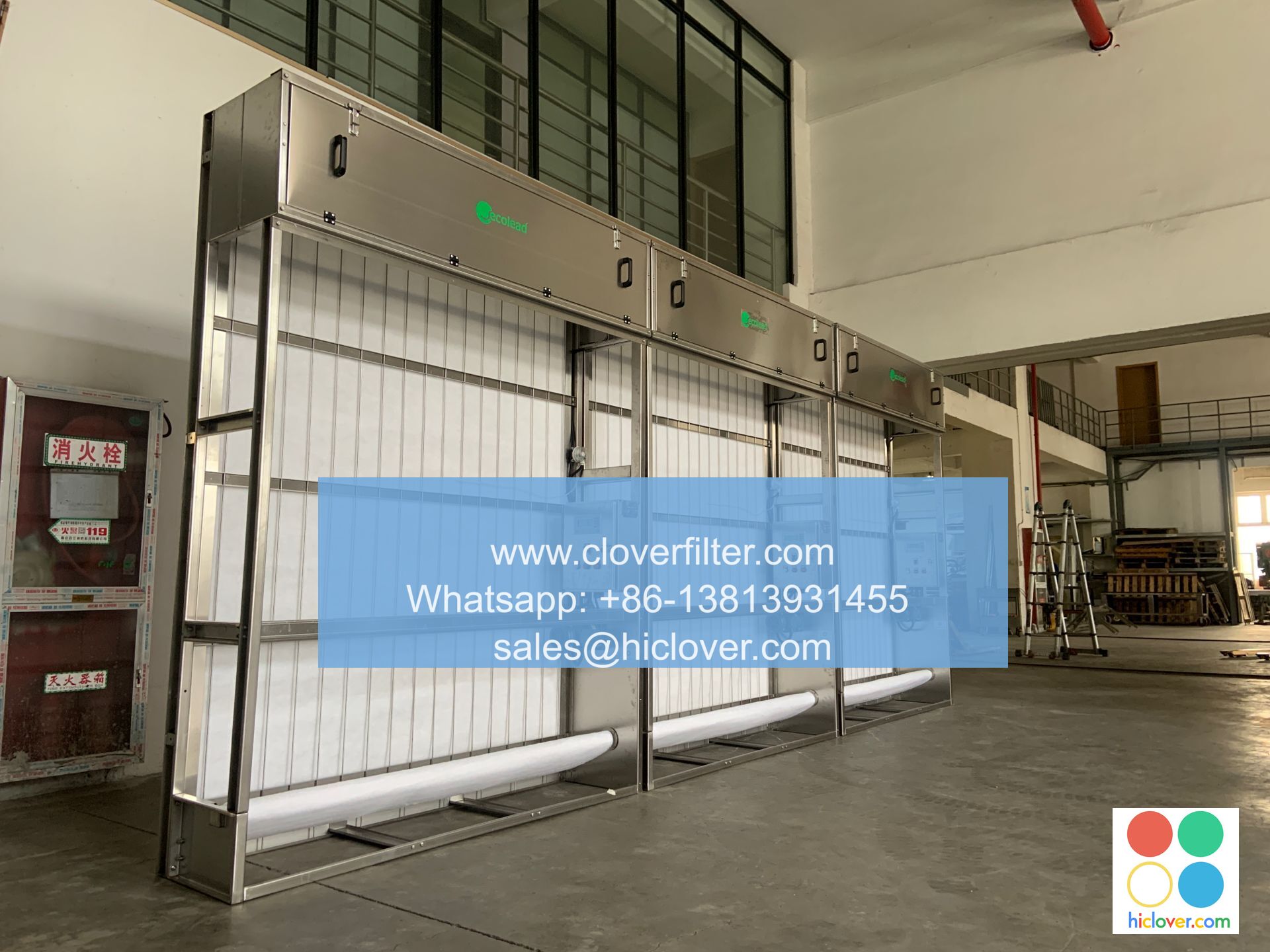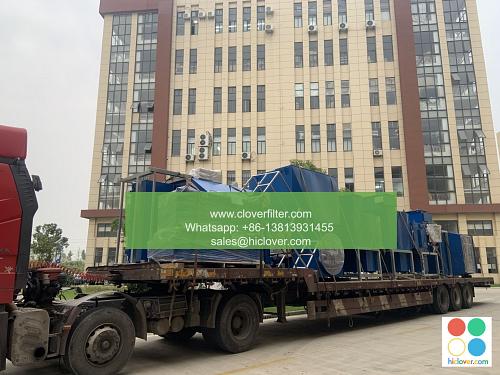Air Filter Ratings

Air filter ratings are a crucial aspect of maintaining good indoor air quality, and with the numerous options available, it can be overwhelming to choose the right one. In this article, we will delve into the world of HEPA filters, activated carbon filters, and ultra-fine particle filters, highlighting their applications in residential, commercial, and industrial settings.
Understanding Air Filter Ratings
Air filter ratings are measured by their ability to capture airborne particles, including dust, pollen, mold, and bacteria. The most common rating systems are MERV (Minimum Efficiency Reporting Value) and HEPA (High Efficiency Particulate Air). MERV ratings range from 1 to 20, with higher ratings indicating better filtration. HEPA filters, on the other hand, are designed to capture 99.97% of particles as small as 0.3 microns.
Residential Air Filter Applications
In home air purification systems, air filter ratings play a vital role in maintaining a healthy indoor environment. HEPA air purifiers are particularly effective in capturing allergens and pet dander, making them ideal for households with allergy sufferers or pet owners. Additionally, activated carbon filters can help eliminate odors and gases, creating a fresher and cleaner indoor air quality.
Commercial Air Filter Applications
In commercial settings, such as offices and restaurants, air filter ratings are crucial for maintaining a healthy and productive environment. High-efficiency air filters can help reduce sick building syndrome and absenteeism, while also improving indoor air quality. Moreover, ultra-fine particle filters can capture smoke and vapor particles, making them ideal for bars and nightclubs.
Industrial Air Filter Applications
In industrial settings, such as manufacturing facilities and hospitals, air filter ratings are critical for maintaining a safe and healthy environment. High-performance air filters can help capture hazardous particles and chemicals, reducing the risk of occupational diseases. Additionally, specialized air filters can be designed to capture specific particles, such as metal fumes or pharmaceutical dust.
Conclusion
In conclusion, air filter ratings are a vital aspect of maintaining good indoor air quality, and understanding the different types of filters and their applications is crucial for choosing the right one. Whether it’s for residential, commercial, or industrial settings, HEPA filters, activated carbon filters, and ultra-fine particle filters can help create a cleaner and healthier indoor environment. By considering the specific needs and requirements of each application area, individuals can make informed decisions and choose the most effective air filter rating for their needs. It seems like you’re ready to start a conversation or ask a question, but you haven’t provided any details yet. Could you please provide more context or specify what you’re interested in talking about? I’m here to help with a wide range of topics, from science and history to entertainment and culture. Let me know how I can assist you today!

